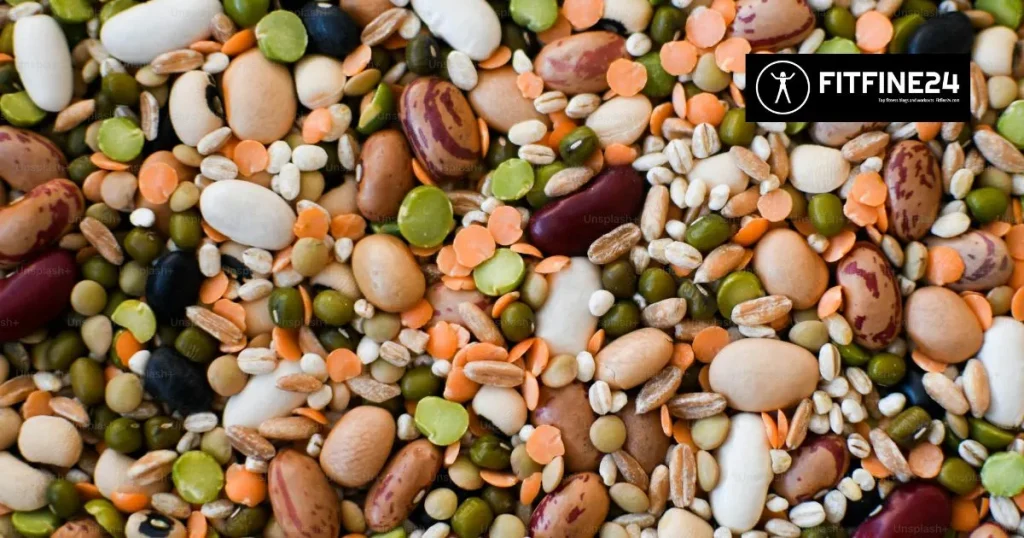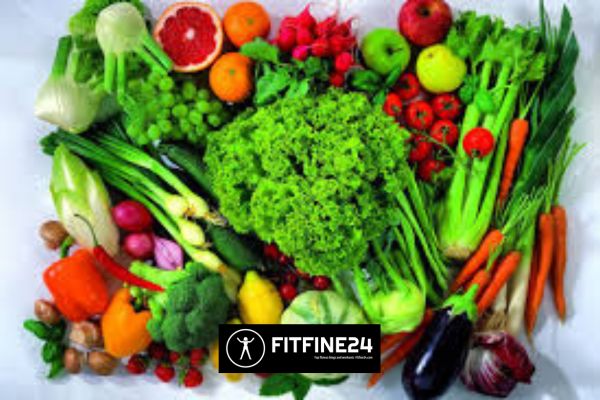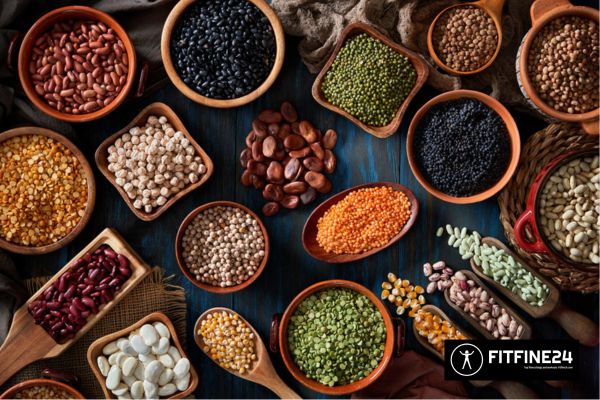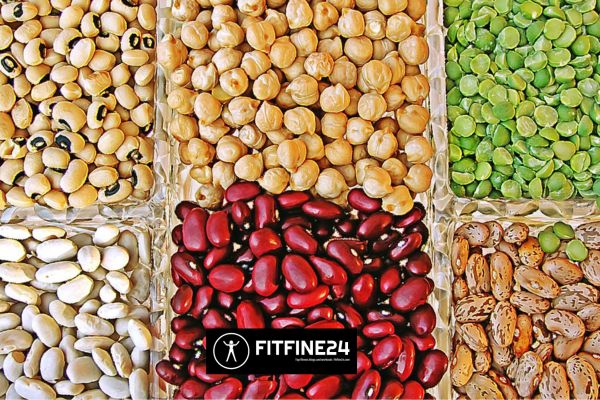One food that seems to be coming back and the brunt of ridicule now is legumes, a rich plant-based family of foods including beans, lentils, peas, and chickpeas. Being touted as a multitasking food that also happens to be good for your health and the environment, legumes are being used in various fitness and health-conscious eating plans. Find out why legumes are currently in fashion and what they can do for your health and performance.

What Are Legumes?
Legumes are those plants that produce pods with seeds in them. Here are some of the most common legumes:
Black, kidney, pinto, and navy beans
Different types are Red, Green, Brown, and black lentils
Peas (green, split peas, snow peas)
Hummus Chickpeas (Or Garbanzo Beans)
Soybeans: tofu, tempeh, and soy milk.
Rich in protein, fiber and vital nutrients, these plants are a must-have on any vegan or vegetarian palate and should be incorporated in all balanced eating plans.
Are The Hot New Thing In Health And Fitness
High in Protein and Fiber
Indeed among plant-food enthusiasts, legumes are a favorite source of protein. They are packed with protein, the building blocks of muscle and recovery, as well as fiber to keep you fuller longer and maintain a healthy weight. A cooked lentil has about 18g of protein and 15g of fiber.

Pack a Nutrient Punch And So Easy to Use In My Meal prep
can be added to anything, from soups and stews to salads, side dishes, and even baked goods. fit in almost all dietary patterns, be it when making a beefy chili with beans, lentil soup, or even high-protein hummus dip!
Eco-friendly and Sustainable
Given the increase in knowledge regarding environmental sustainability, — beans, chickpeas, and lentils — are considered a greener protein source as compared to animal products. They use much less water and land resources for growing and even return nitrogen into the soil, which makes them a great choice for anyone interested in cutting down on his or her pollution of the planet.
Aid Weight Loss And Help With Weight Management
low in fat and calories but high in fiber and protein making you satiated for a longer time. This can ultimately aid in portion control and reduce snacking between meals, which makes legumes a great food for weight loss and management.
Health Benefits
Heart Health such as beans and lentils, have also been associated with better heart health. Because of their fiber, potassium, and antioxidant content, they can lower cholesterol, bring down high blood pressure, and help the heart to work properly.
Blood Sugar Control
Beans have a low glycemic index, so they stimulate your blood sugar to rise slowlyand do not spike it quickly. Which makes them perfect for people with diabetes or anyone who wants to avoid an energy rollercoaster.
Gut Health
This high fiber content in legumes helps gut health by feeding beneficial gut bacteria and aiding digestion. Fiber relieves constipation as well as other digestive problems.
Nutrient-Rich
Beansstituted are all rich in key vitamins and minerals, including iron, magnesium, potassium, and folate. a great source of these nutrients that are essential for energy production, bone health, and immune function, making them nutrition superstars.
Famous Legume-Based Dietary Fads
Vegan & Flexitarian Diets
With vegetarian diets on the rise, even more people have turned to legumes for their protein needs. So much so that even those who are flexitarian—seeking to eat less meat—are putting more legumes in their meals for a healthier, untenable option.
Legume-Infused Products
Legumes: As more people start to reap the many nutritional benefits of legumes, there has been a surge in food companies creating them into products like lentil or chickpea pasta options and legume-based protein bars and snacks. They are also gluten-free, so for those trying to eat more healthfully and mix up their everyday meals, this could be a solid option.
The Mediterranean Diet
A plant-based protein: The Mediterranean diet — also known for its heart-health benefits — is very high in legumes. This way of eating promotes whole foods, healthy fats, and nutrient-dense plants, which has influenced people to load up on legumes globally.

Incorporating More Legumes into Your Diet
Soups & Stews— Bulk up your favorite SOUPS with lentils, beans, or split peas for a heartier meal
Salads: Add chickpeas or black beans to your salads for a tastier and more protein-filled filling.
Swap out Ground Beef: Try using lentils or black beans in your tacos, chili, or burgers.
Snacks: Have 1/2 cup of roasted chickpeas with celery or carrot sticks and some hummus.
Smoothies and Baking: Mix pre-cooked white beans or lentils right into your smoothie or baked goods for a nutrient-dense addition.
SEO Keywords:
health benefits
Plant-based protein
Weight loss foods
Fiber-rich diet
Sustainable nutrition
Beans and lentils
Gut health foods
High-protein vegetarian foods
Mediterranean diet

Conclusion
Legumes possibly are the powerhouse of nutrition—they provide a good plant-based source of protein, fiber, and essential nutrients, which can help you promote heart health, weight control, and general well-being. Legumes are not only the latest thing in a variety of diets but something that is good for you, as established by health and environmental impacts as well.

